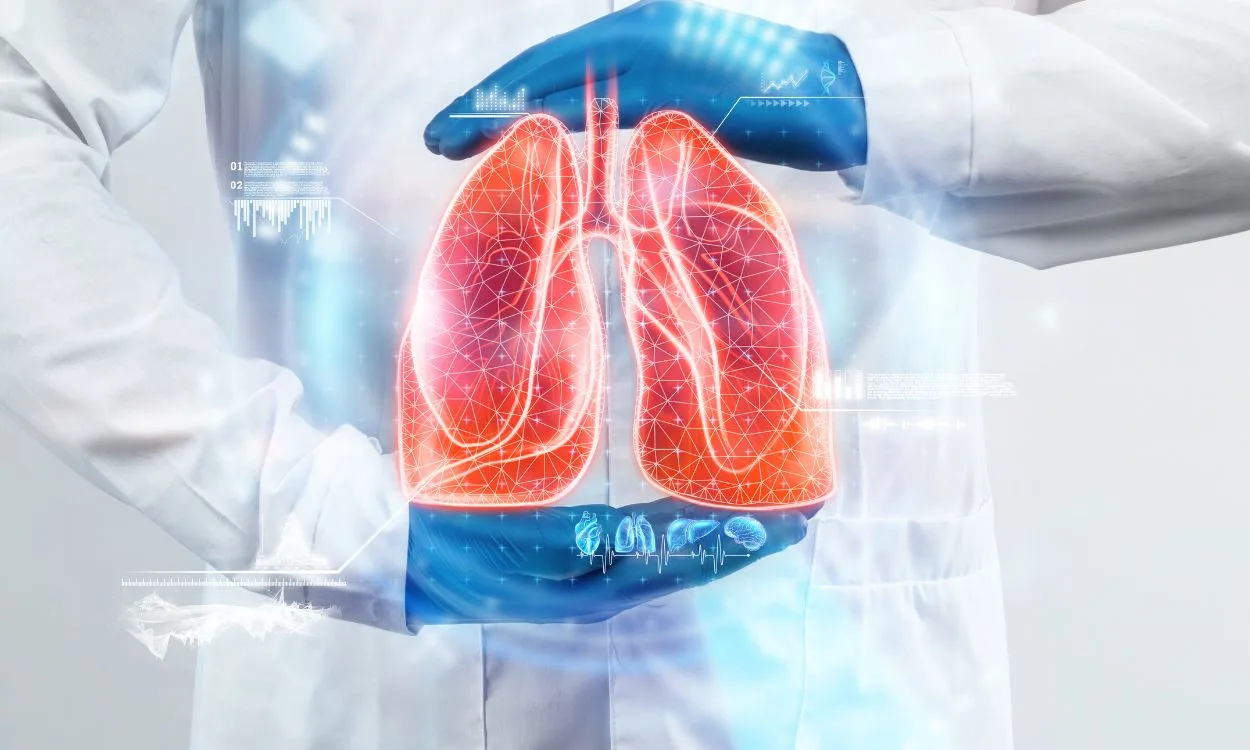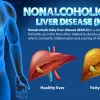What is a Lung Disease?
Lung diseases are a group of disorders that affect the lungs and can interfere with the normal breathing process. These conditions can be chronic or acute and may vary in severity. Lung diseases are quite common and can significantly impact an individual’s quality of life. Understanding the different types of lung diseases and their causes can be helpful in early detection, prevention, and management.
Types of Lung Diseases
- Chronic Obstructive Pulmonary Disease (COPD): COPD is a progressive lung disease characterized by obstructed airflow, making it difficult to breathe. It usually develops due to long-term exposure to irritants such as cigarette smoke or occupational pollutants. COPD includes conditions such as chronic bronchitis and emphysema.
- Asthma: Asthma is a chronic inflammatory disease that affects the airways, causing them to narrow and swell. It leads to recurrent episodes of wheezing, coughing, chest tightness, and shortness of breath. Triggers for asthma attacks can vary, including allergens, exercise, or respiratory infections.
- Lung Cancer: Lung cancer occurs when abnormal cells in the lungs grow uncontrollably. It is one of the leading causes of cancer-related deaths worldwide. Smoking is the primary risk factor for lung cancer, but exposure to secondhand smoke, air pollution, and certain occupational hazards can also increase the risk.
- Pneumonia: Pneumonia is an infection that causes inflammation in the air sacs of the lungs. It can be caused by bacteria, viruses, or fungi and often leads to symptoms such as cough, fever, chest pain, and difficulty breathing. Pneumonia can range from mild to severe, depending on the type of infection and the individual’s overall health.
- Tuberculosis (TB): TB is a bacterial infection caused by Mycobacterium tuberculosis. It primarily affects the lungs but can also spread to other organs. Symptoms of TB include persistent cough, fever, night sweats, weight loss, and fatigue. It is highly contagious and can be transmitted through the air when an infected person coughs or sneezes.
- Interstitial Lung Disease (ILD): ILD refers to a group of lung disorders characterized by inflammation and scarring of the lung tissue. It can be caused by various factors, including exposure to occupational hazards (such as asbestos or silica), certain medications, autoimmune diseases, or unknown causes. ILD can lead to progressive lung damage and breathing difficulties.
Causes and Risk Factors
- Smoking: Tobacco smoking is one of the most significant risk factors for developing lung diseases such as COPD and lung cancer. Quitting smoking is crucial in preventing and managing these conditions.
- Environmental and Occupational Exposures: Exposure to pollutants, chemicals, dust, and fumes in the environment or workplace can increase the risk of lung diseases. Occupational hazards such as asbestos, silica, coal dust, and certain chemicals can cause lung damage over time.
- Genetic Factors: Some lung diseases, such as alpha-1 antitrypsin deficiency, have a genetic component. Individuals with a family history of certain lung diseases may be at a higher risk.
- Infections: Lung infections, such as pneumonia and tuberculosis, can damage the lungs and lead to long-term complications if not treated promptly.
Prevention and Management
Prevention and management strategies for lung diseases include:
- Avoiding tobacco smoke: Quitting smoking and avoiding secondhand smoke can significantly reduce the risk of developing lung diseases.
- Reducing exposure to pollutants: Minimizing exposure to environmental and occupational hazards, such as air pollution and chemicals, can help prevent lung damage.
- Vaccinations: Receiving vaccinations for respiratory infections, such as influenza and pneumonia, can lower the risk of complications from these illnesses.
- Regular exercise: Engaging in regular physical activity can improve lung function and overall respiratory health.
- Healthy lifestyle: Following a balanced diet, maintaining a healthy weight, and managing chronic conditions like asthma or allergies can contribute to lung health.
If you have any concerns about your lung health or experience symptoms such as persistent cough, shortness of breath, chest pain, or unusual fatigue, it is crucial to seek medical attention for proper diagnosis and treatment.
For more personalized guidance and support in achieving your health and fitness goals, consider downloading the Fitpaa app. Fitpaa offers personalized fitness plans, nutrition guidance, and real-time monitoring to help you optimize your metabolism and achieve your desired health and fitness outcomes. With a team of experts including fitness coaches, nutritionists, and doctors, Fitpaa provides a comprehensive approach to wellness. Download the Fitpaa app today and embark on a journey to a healthier life.









